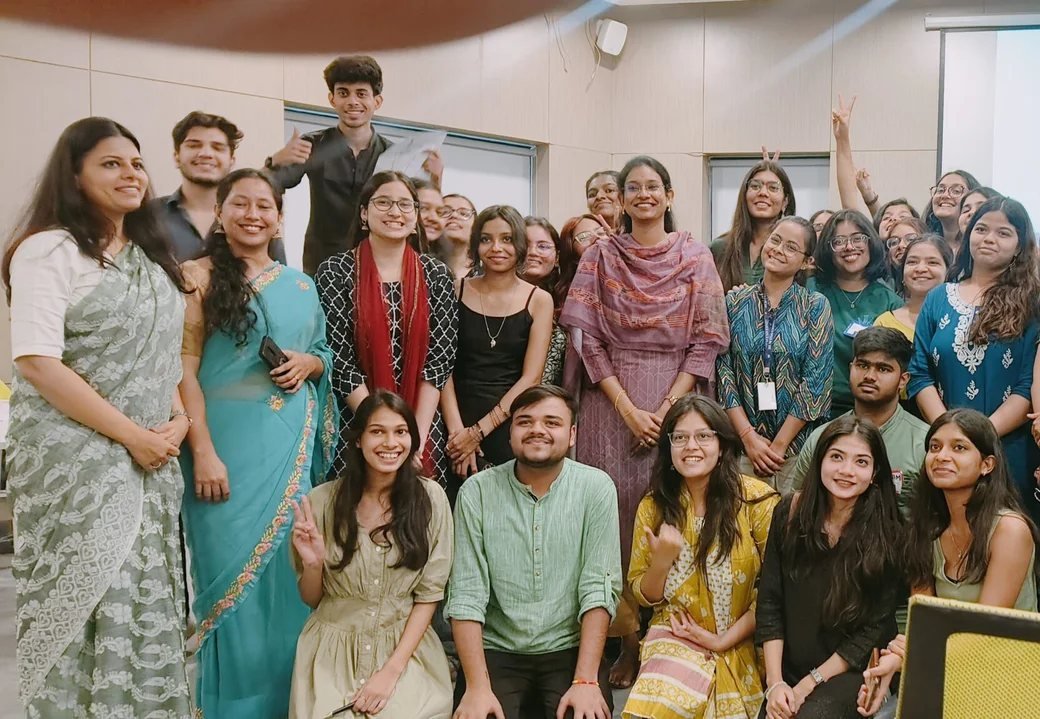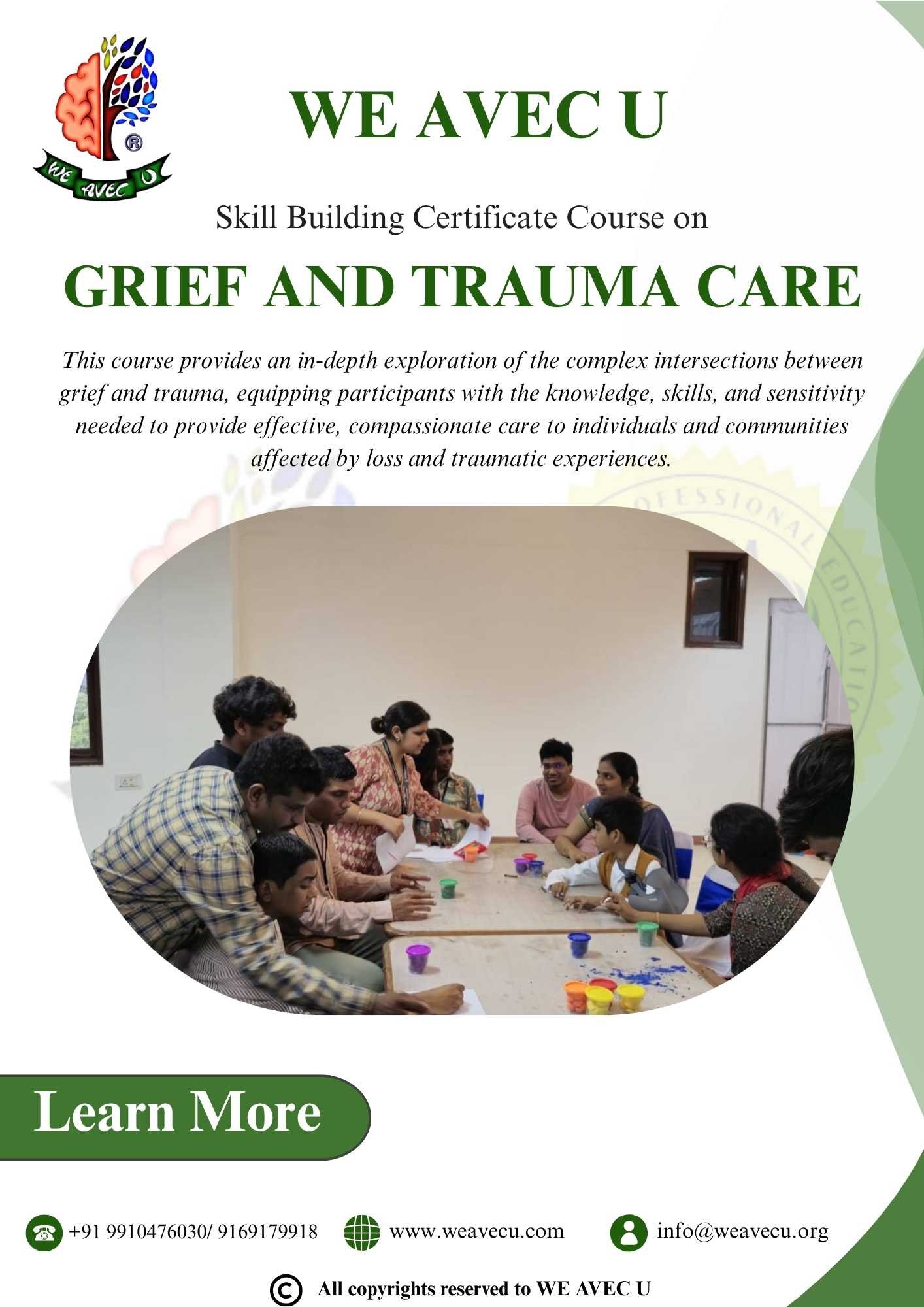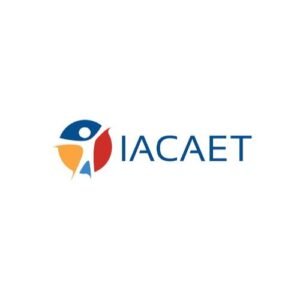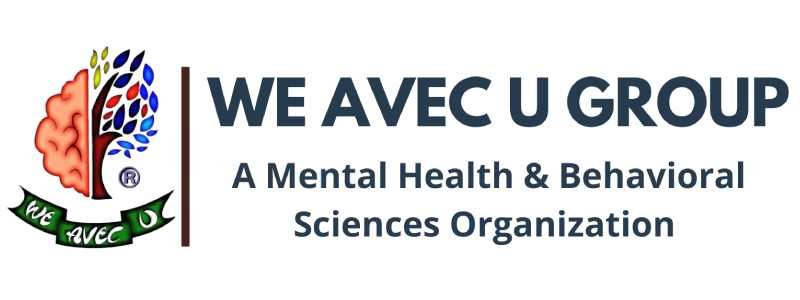Certification Programs
- Home
- Certification Program
- Grief and Trauma Care
Grief and Trauma Care
Experienced Facilitators
Duration:
3 Months
Mode: Online (Google Meet)
Eligiblity Criteria: Open For All


About the Course
- Understanding grief and trauma processes.
- Evidence-based interventions and ethical care considerations.
Modalities to be covered
Class Details:
- Duration: 3 Months
- Weekend Classes: Every Saturday & Sunday for 1.5 to 2 Hours
- Call Us: +91-9910476030, +91-9169179918
Key Benefits:
- Equip with compassionate care skills.
- Master evidence-based trauma interventions.
- Understand ethical aspects of grief and trauma care.
Key Highlights:
- Globally verified E- Certificate.
- E-resources and E-material.
- Quizzes, role-play activities, case study report writing, and real-life case study analysis & discussion.
- Taught by RCI & APA Certified Psychologists, Professors, Doctors, and the Researchers.
- Student Friendly Timings (to be decided on the first day of class).
Total Fee:
- Fees is as per Brochure, Scholarship & Installment option available.
- For refund policy, please visit our Refund Policy.
Learning Outcomes of the Course:
- Comprehend the neurobiological and psychological foundations of grief and trauma.
- Utilize evidence-based assessment tools and intervention strategies for trauma care.
- Incorporate cultural sensitivity and ethical considerations into grief and trauma support practices.
- Apply mindfulness, body-based, and expressive arts therapies to support healing.
- Understand the impact of grief and trauma across the lifespan and within various populations.
- Promote resilience and self-care among practitioners to prevent vicarious trauma.
Trusted by the students from:









Accreditations and Affiliations


















Meet the Facilitator


Ms. Shweta Ahirwar is a multifaceted professional with two years of industry experience, specializing in supporting women and children affected by violence. Her expertise encompasses Certified Happiness Coach, Parenting Expert and Coach, Career Counsellor, Advanced Graphologist (Level 4), & Hypnotherapist (Level 5). Ms. Ahirwar’s social impact is notable as she has interned with an NGO, positively transforming the lives of underprivileged children, and Contributed to designing life skill and mind skill training modules for children in challenging situations. Ms. Ahirwar’s diverse expertise and dedication to social causes make her a valuable resource.
